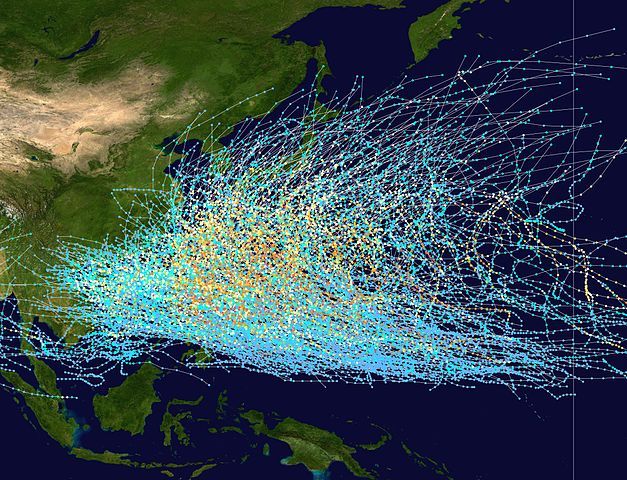There are a lot of challenges when you are building offshore, as Danish consulting engineer firm COWI has discovered in the process of a project being built off Taiwan’s west coast.
When in place, the turbines will have to be able to withstand earthquakes, typhoons and waves over 20 metres high, reports Ingeniøren.
“Actually, it is the natural forces that really make the Formosa I project especially challenging,” said Jan Rønberg, marketing director for COWI’s global offshore wind sector.
The project has also been evolving along the way, as new data has become available and new technological advances have been made.
Building up their own expertise
The Taiwanese are also anxious to build up their expertise within the offshore wind industry field through using local firms and these companies don’t yet have all the expertise that can be found in Europe.
“One thing is to establish whether to use monopiles or three or four-legged jackets when there is a lack of local knowledge. Something else is that you have to take into consideration in southeast Asia is whether local firms can make the items you want,” added Rønberg.
When completed, the Formosa I project will deliver 130 MW and cover an area of around 11 square km around 3-6 km off the west coast of Taiwan.
The turbines will be 100 metres high and the foundations have been designed to cope with wind speeds of up to 250 km/per hour and serious earthquakes.
Two of the 32 turbines are already up and running and serving as prototypes for the rest. The complete park is expected to be finished in 2019.















